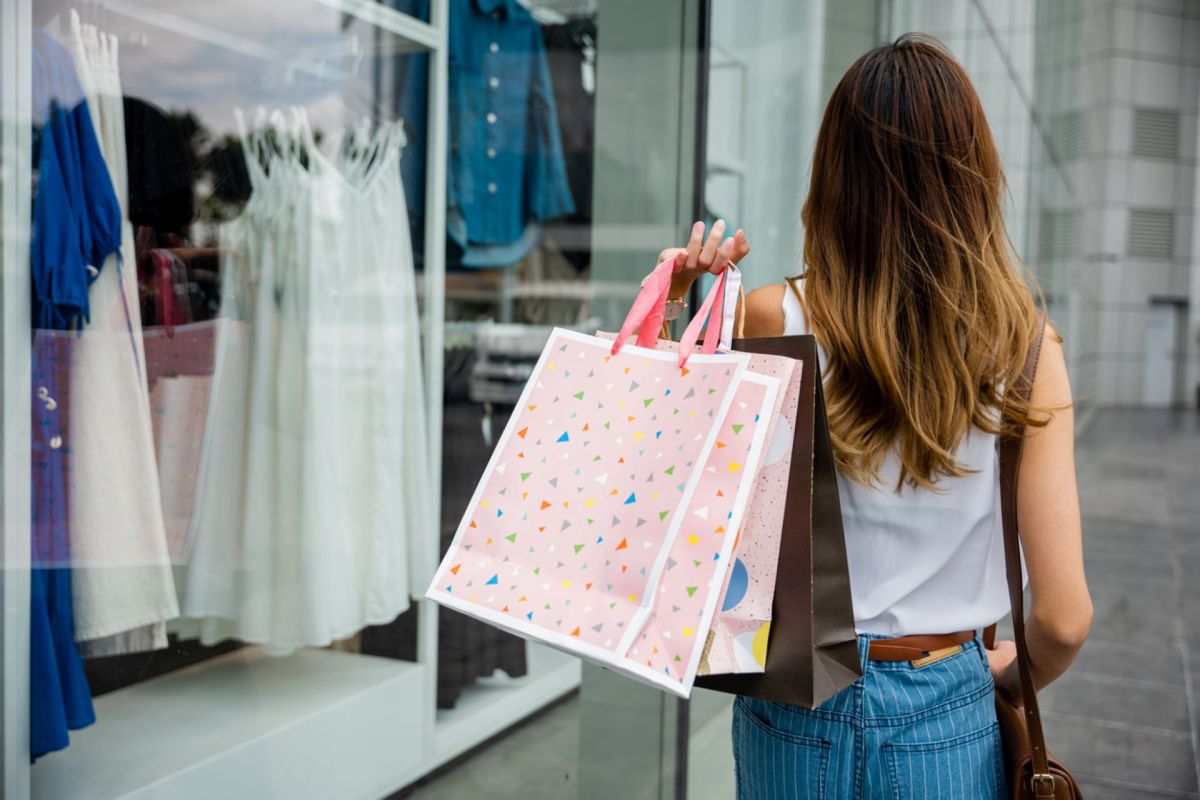Fast fashion generated 5.8 billion pounds of trash in 2020 from returned clothing alone, according to Optoro.
However, some of the most wasteful companies, such as Shein, have tried to use online influencers to create a greener image for their brands. The Guardian has published a report about influencers who are profiting from working with greenwashing fast-fashion brands.
What's happening?
The Guardian called out the apparent hypocrisy of influencers who claim to promote eco-friendly practices, like capsule wardrobes, while supporting PR campaigns by companies like Pretty Little Thing, Boohoo, H&M, and Zara.
These brands have reportedly worked with influencers to appear more eco-friendly, despite continuing to churn out huge volumes of cheaply made clothing that pushes buyers to keep spending on their wardrobes.
It might be easier to find influencers paying lip service to sustainability than ones who practice what they preach.
Big offenders reportedly include Reese Blutstein, who does collaborations with fast fashion companies; and Anna Newton and Monikh Dale, both of whom make content about minimalism but share affiliate links to fast-fashion brands so they get a cut when their followers shop.
Blutstein, for her part, wrote on Instagram that "the first step" before collaborating with Zara was "to speak with them directly about sustainability," adding "it was never my intention to be a voice of public social commentary" when she started sharing on social media.
Meanwhile, Grace Beverley's brand Tala is advertised as sustainable clothing made with recycled material. However, as the Guardian points out, only part of the material is recycled, and a large portion of it is polyester, which is hard on the environment.
Meanwhile, the company churns out new designs at an alarming pace, just like any fast-fashion label. Matilda Djerf's Djerf Avenue has a similarly shallow commitment to eco-friendly practices.
Why does the disconnect matter?
Fast fashion is an incredibly wasteful industry. It pushes consumers to spend more and more money on an ever-evolving wardrobe, while each piece of clothing is flimsy and short-lived. That's expensive for buyers in the long run, and it means an incredible amount of clothing ends up in the landfill.
Higher-quality clothing made with more sustainable materials would be better for the environment, as well as people's wallets, and many of these influencers claim they are leading people in the right direction.
When they direct buyers back to the fast-fashion labels instead — or replicate those wasteful practices with their own brands — they're misleading the public, costing them money, and contributing to pollution.
How can I avoid being fooled?
There are a lot of ways to buy clothes without turning to fast fashion.
You can purchase them secondhand to save money and reduce waste, and many thrifters have snagged incredible deals on designer or vintage goods. Or you can trade in old clothes for credit toward new ones. You can also learn to repair, modify, and upcycle your existing clothing.
Finally, look for brands that are actually eco-friendly.
Join our free newsletter for easy tips to save more, waste less, and help yourself while helping the planet.









